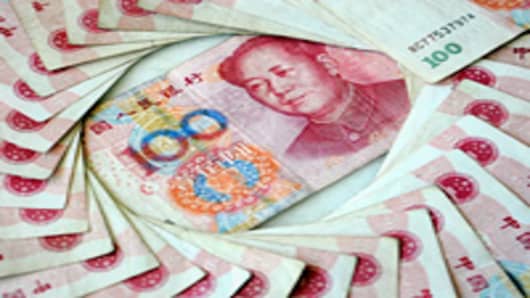The statements appeared to be a delicate political compromise aimed at defusing mounting international criticism of its exchange rate, especially in the US, but which reflects the lack of domestic support for a significantly stronger currency given problems in Europe which have led to a weakening of the euro.
The result is likely to be a gradual appreciation of the renminbi, after nearly two years when the rate against the dollar has remained unchanged. Most analysts expect only very modest strengthening in the short term. The daily trading bands for the currency are not to be widened although the midpoint, set daily by Chinese authorities, will probably shift.
Tim Geithner, US Treasury secretary, said: “We welcome China’s decision to increase the flexibility of its exchange rate.” But he added that “vigorous implementation” was needed to help boost the global economy.
There was a critical response from Senator Charles Schumer, who has been pushing for legislation over China’s exchange rate. “Just a day after there was much hoopla about the Chinese finally changing their policy, they are already backing off,” he said. “It vindicates our initial skepticism. We intend to move forward as quickly as possible with legislation.”
Li Daokui, a Tsinghua university professor and member of the Chinese central bank’s monetary policy committee, said that the decision to abandon the peg reflected increased confidence among policymakers about both the outlook for China and the global economy.
“It symbolizes the end of anti-crisis policies,” Mr Li said. He added that China took the initiative because they do not want to be pushed into a “game of negotiation”, such as the 1985 Plaza Accord that led to a sharp appreciation in the yen.
Stephen Green, an economist at Standard Chartered in Shanghai, said: “There is very little appetite for appreciation, so in the short term the central bank is likely to be very conservative.
“As a result, the US-China relationship could still be very tricky.”


